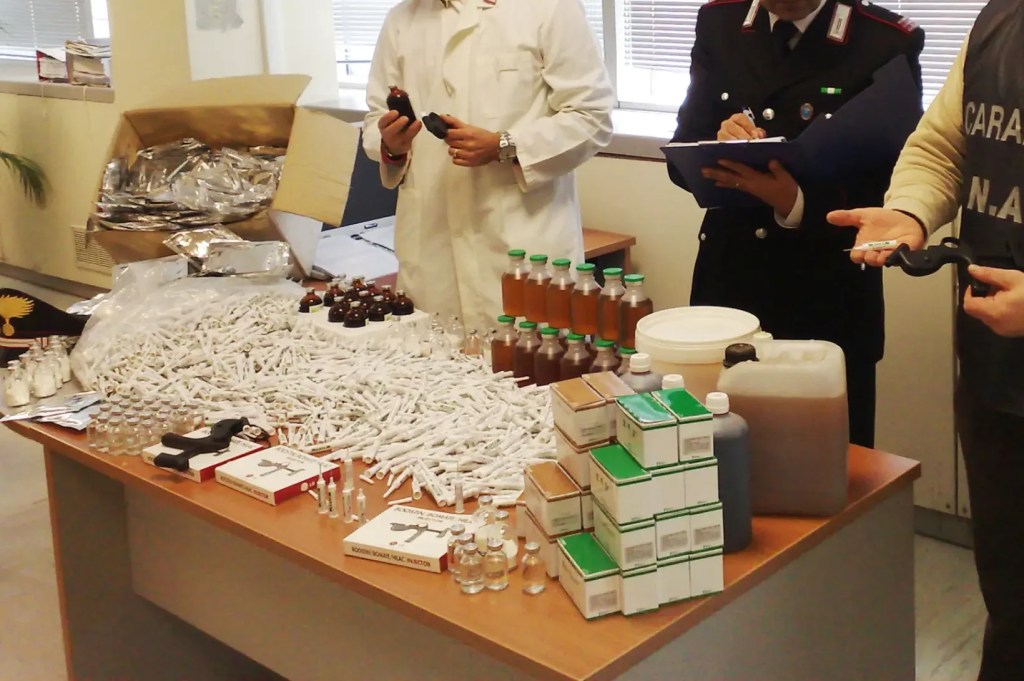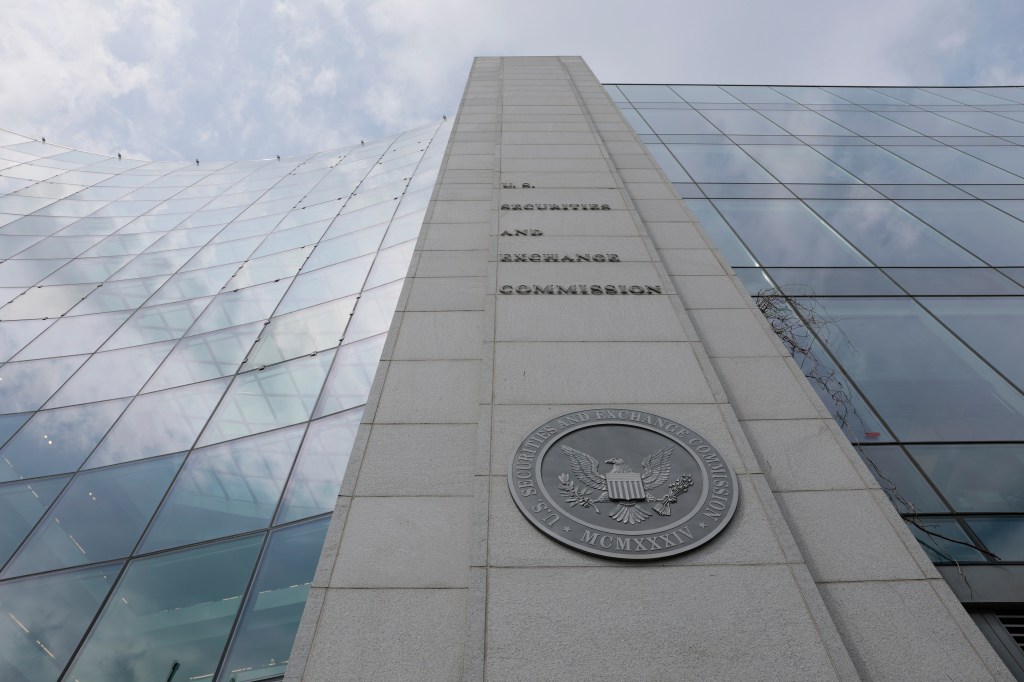A panel of experts at the Market Abuse Summit 2025, organized by City & Financial Global in London, discussed the effectiveness of current regulatory treatment of market abuse in the digital assets and crypto markets.
The discussion was moderated by Oliver Tonkin, co-founder and CEO, BCB Group, with a panel including
Register for free to keep reading
To continue reading this article and unlock full access to GRIP, register now. You’ll enjoy free access to all content until our subscription service launches in early 2026.
- Unlimited access to industry insights
- Stay on top of key rules and regulatory changes with our Rules Navigator
- Ad-free experience with no distractions
- Regular podcasts from trusted external experts
- Fresh compliance and regulatory content every day













